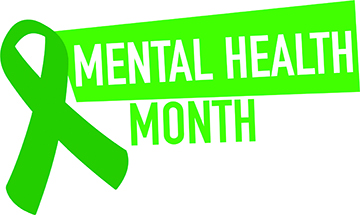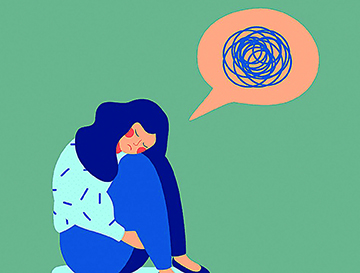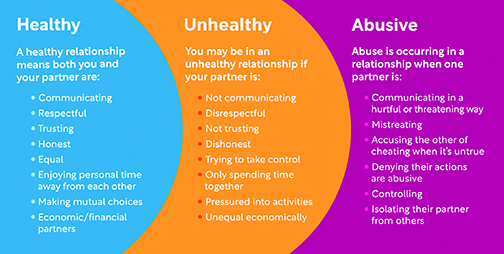At this time last year, if you were to offer someone a set of guidelines for maintaining mental stability, you’d probably get a well-deserved smack in the mouth.
Now that circumstances are settling into a cautious clip toward not crazy, some folks are hoping to reclaim their sense of sanity.
There are simple steps you can take to stop the negative internal chatter, calm your mind and exact some mental clarity so that you can enjoy yourself when you get a chance. Also, an approach with reasonable expectations may be better than a strict regimen for the simple fact that you shouldn’t be stressed out about trying to relieve mental stress. Here are a few strategies to consider based on simplicity of the activity, scientific research, and quantifiable results.
Move Yourself
 In May of 2019, research fellow Karmel Choi, of the Harvard T.H. Chan School of Public Health, published a study on the causal connection between physical activity and depression. The study used Mendelian randomization to assess the genetic data of hundreds of thousands of people from two large databases. The finding offered measurable proof that movement does indeed protect against depression more so than the notion that depression makes you move less. Movement means just that; not fancy exercise, (although that won’t hurt) just the simple act of getting up off the couch and going for a walk, mowing the lawn, doing the laundry, dusting off the blinds and yeah — maybe a few jumping jacks.
In May of 2019, research fellow Karmel Choi, of the Harvard T.H. Chan School of Public Health, published a study on the causal connection between physical activity and depression. The study used Mendelian randomization to assess the genetic data of hundreds of thousands of people from two large databases. The finding offered measurable proof that movement does indeed protect against depression more so than the notion that depression makes you move less. Movement means just that; not fancy exercise, (although that won’t hurt) just the simple act of getting up off the couch and going for a walk, mowing the lawn, doing the laundry, dusting off the blinds and yeah — maybe a few jumping jacks.
Reach Out
A 2014 report issued by the National Institute of Health (NIH) presented research on the effects of loneliness on psychiatric disorders and physical health. The study defined loneliness not as a condition caused by being alone, but rather by being “without some definite needed relationship or set of relationships.” The evidence presented links loneliness to a litany of mental conditions including depression, Alzheimer’s, and alcoholism, as well as physical maladies such as low-grade peripheral inflammation which can lead to a host of other serious conditions. The simple act of speaking regularly with friends and family with whom you have a genuine connection can assuage loneliness. Community and religious leaders can also lend a caring ear, while volunteering with charity organizations or adopting a pet can be workable options as well. Plus there are free support outlets such as The Lonely Hour Podcast, the Daily Strength networking service, the National Suicide Prevention Line and many more.
Log Off
Most people, regardless of age, can grasp the fact that scrolling through your Twitter feed for hours on end is not the equivalent of reading, does not replace human interaction and does not stimulate critical thinking. Regardless, according to statistica.com, the average person worldwide spent 145 minutes a day on social media in both 2019 and 2020. A recent study by Cureus, which was published by the National Institutes of Health, presented evidence gleaned from 28 scholarly articles on the effect of social media on mental health. Anxiety and depression were found to be the most com-
mon disorders linked to habitual social media use, and that these conditions were heightened in females and passive users who only read and do not post. Thankfully, you have many modern decades of human behavior to fall back on when deciding how to better spend your time. For starters, try points one and two above, then you can listen to a podcast, try a new recipe, read a book, write a book, go to a museum, or take a swim. The possibilities are more endless than your daily Facebook news feed.
Be Generous
Just about everyone has heard the old saying, “It’s better to give than to receive.” If there was ever any gravitas to the notion that cliches exist for a reason, this one sets the gold standard. In 2013, the American Public Health Association published a study with the NIH which tested the hypothesis that “providing help to others predicts a reduced association between stress and mortality.” Plainly put, being generous toward others helps you relax and live longer. The study followed subjects over a period of five years and measured stressful events in tandem with giving behavior and death rates. The results showed that stress had no bearing on heart rates of those who were giving to others, yet those exhibiting non-giving behavior had a far more predictable rate of mortality in relation to stressful events. Giving behavior does not mean you have to hand out 10 dollar bills to everyone you meet. On the contrary, most folks would rather have something intangible but far more valuable such as your time, your care, your ear, your attention, or your love.
Call A Truce
In this combative, divisive, and litigious day and age, it seems that folks are predisposed to argue at the drop of a hat and be at odds with one another just for the sake of creating conflict. Perhaps one of the greatest things you can do for your mental wellbeing is to relieve yourself of the burden of always having to be right. Debating important issues and standing up for yourself are, of course, pursuits to be valued. Yet, the law of diminishing returns comes into effect when people actively cultivate conflict, exhibit hostility and seek out arguments — especially with their partners. A 2018 study by the Institute for Behavioral Medicine Research at Ohio State University found that couples who argue frequently are prone to leaky gut, which can lead to all sorts of health problems. Further, a 2020 study published by Oxford Academic on depression and family arguments presented evidence that “ … family arguments put depressed men and women at risk for more severe depressive symptoms.” Since it takes two to tangle, when someone wants to argue about something that truly doesn’t matter, you can agree to disagree, take the high road and relent, or simply disengage and walk away.




